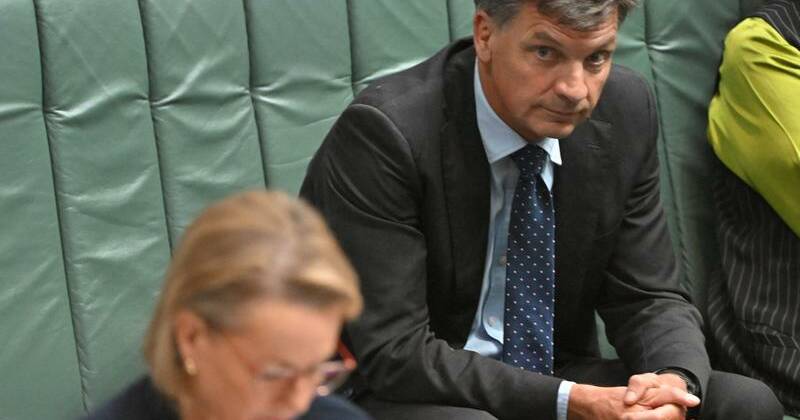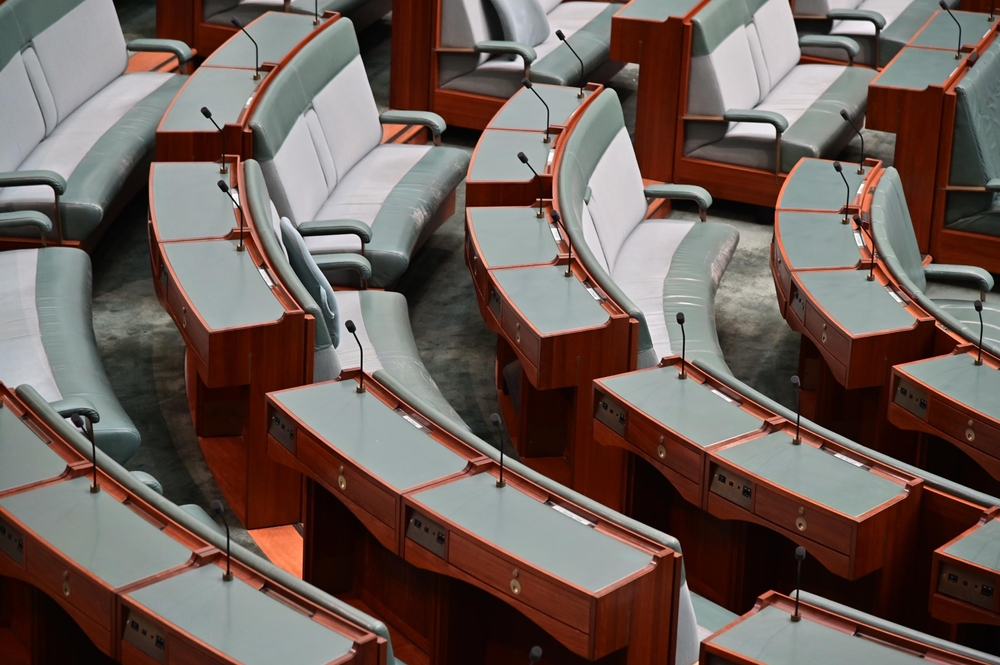
BREAKING: In a shocking announcement, The Lancet has declared that everyday plastic items pose a significant “threat to humanity.” This urgent revelation emerged late on Monday (Australian time) as the esteemed medical journal launched the Countdown on Health and Plastic initiative. The goal? To gather crucial data and inform global leaders as they convene in Switzerland for vital negotiations on a Global Plastics Treaty.
This declaration elevates the plastic crisis to a level comparable to climate change, highlighting the immediate need for action. The program is primarily funded by the Minderoo Foundation, established by Australian mining billionaire Andrew Forrest and his former wife, Nicola Forrest. According to the Foundation’s head of plastics and human health, Professor Sarah Dunlop, there is “overwhelming” evidence showcasing the health dangers linked to plastic consumption.
In her statement, Professor Dunlop emphasized, “Toxic chemicals in everyday plastic items leach into our bodies, harming human health at every stage of our lives.” As global negotiators gather to discuss possible regulations, she insists that the launch of the Countdown initiative is an opportunity that “negotiators in Geneva cannot ignore.”
Recent studies paint a grim picture of plastic’s pervasive impact. A French study revealed that humans inhale an astonishing 68,000 tiny plastic particles daily. Plastic pollution infiltrates not only human bodies but also marine ecosystems, affecting the deepest parts of the ocean and even remote areas like Antarctica. The environmental toll is dire, with growing evidence linking plastic to wildlife harm and respiratory diseases in birds.
Emerging research from the Plymouth Marine Laboratory has uncovered connections between plastic use and antimicrobial resistance, further complicating the public health crisis. As new plastic types enter the market, their long-term effects on humans remain largely unknown, raising alarms among scientists and health experts alike.
To date, the challenge of consolidating disparate research on plastic has hindered effective policymaking. Studies are often overlooked, failing to translate into meaningful changes in manufacturing or consumption practices. However, the Countdown initiative aims to bridge this gap by providing comprehensive data to policymakers, ensuring that the dangers of plastic do not remain obscured.
As the world grapples with the implications of plastic pollution, the urgency for regulatory measures has never been clearer. The negotiations in Geneva present a critical opportunity for action that could reshape our relationship with plastic forever.
Stay tuned for more updates as this story develops. The implications for health, environment, and policy are profound and demand our immediate attention.





